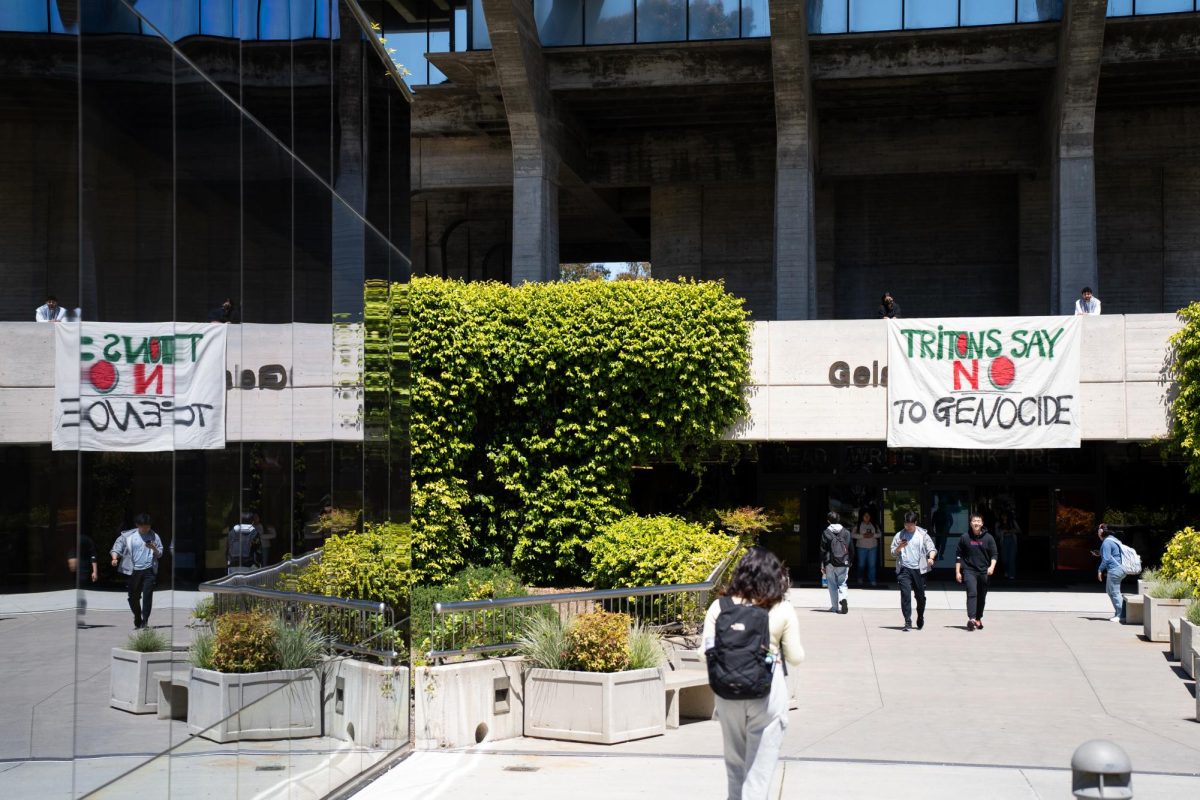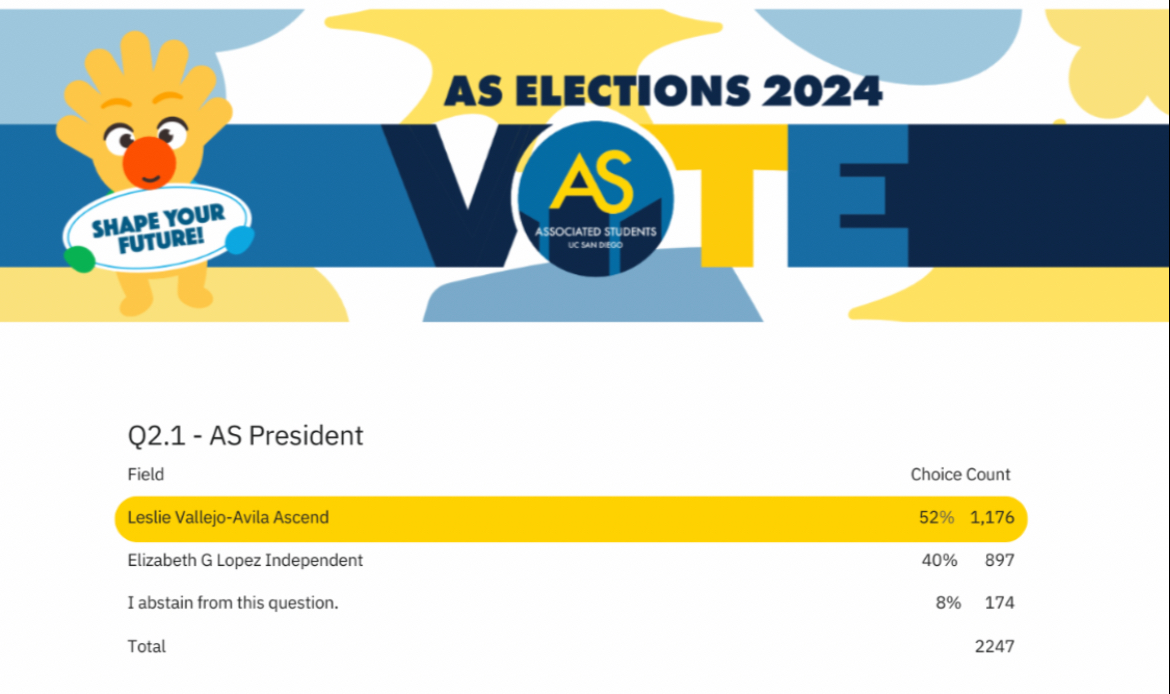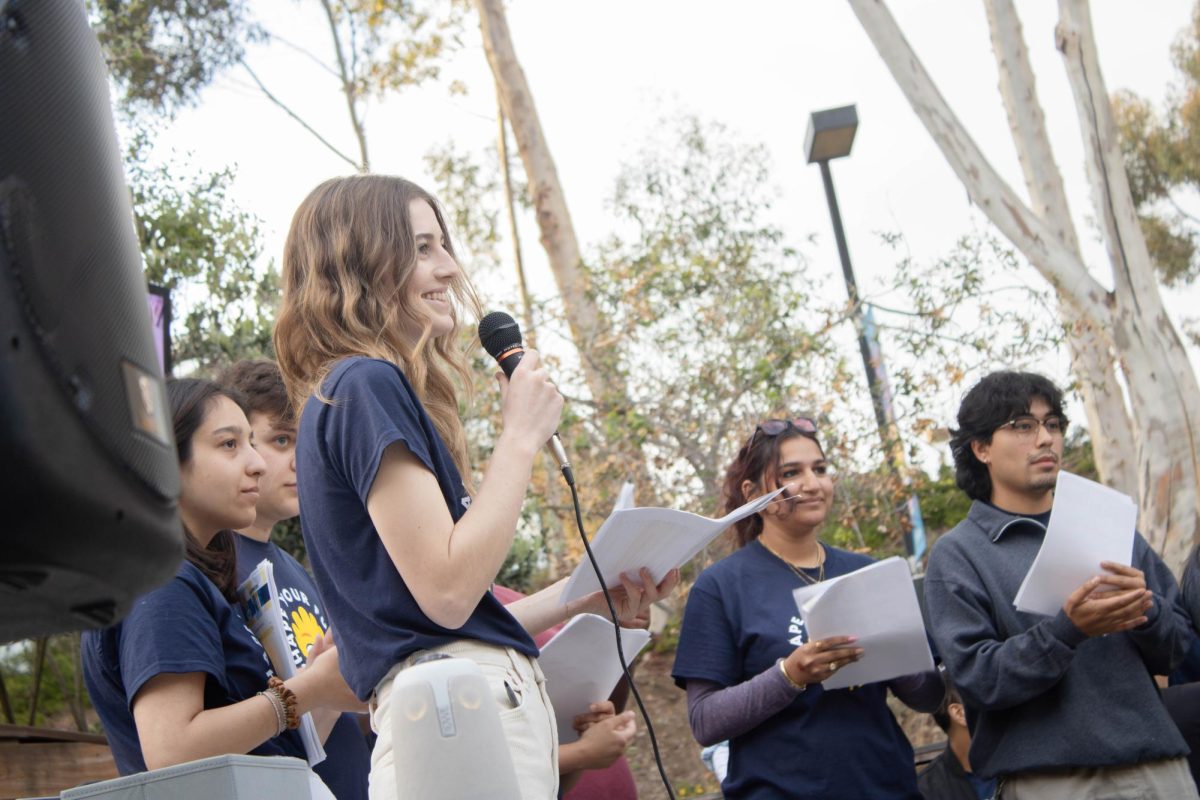Identity Theft Resource Center Director Linda Goldman-Foley spoke at an identity theft workshop on Tuesday at the Women’s Center.
A nonprofit, grant-funded program, ITRC works to serve two functions: assisting victims of identity theft and increasing public awareness about the crime. The organization was founded late last year by Goldman-Foley, a victim of identity-theft herself.
Considered nationally an expert in the subject, Goldman-Foley has traveled across the United States in addition to testifying before courts at the state and federal levels and in front of Congress.
The workshop was sponsored by the Women’s Center and Student Legal Services. It served as a forum for discussing the impact of identity theft as well as preventative measures for decreasing the risk of becoming a victim.
Goldman-Foley alluded to a recent WASHINGTON POST poll that showed that the biggest area of concern for Americans is privacy and identity theft. The issue ranks higher than terrorism, the economy or any other national problem.
These concerns are reasonable, according to Goldman-Foley. She says the reason it has become a major crime is because of the ease in committing the crime.
Goldman-Foley said that identity theft is the one of the fastest rising crimes in the United States today. Perpetrators prey on everyday transactions that require the sharing of personal information, including bank and credit card account numbers, one’s income, Social Security number, address and phone numbers, to name a few.
Identity thieves co-opt a piece of a victim’s personal information and use it without the victim’s knowledge to commit fraud or theft. One of the most common examples of this is when a thief uses a victim’s personal information to open a credit card account in the victim’s name without their knowledge.
According to Goldman-Foley, there are two types of identity theft: financial and criminal. Financial identity theft occurs when an impostor takes a victim’s information and uses it for their own financial gain. Criminal identity theft occurs when an impostor commits crime under someone else’s identity, usually with the aid of a fake driver’s license.
One of the themes of the discussion was how no person is immune from becoming a victim. ITRC statistics show that most victims don’t find out about the crime until 14 to 16 months after the crime has occurred.
Goldman-Foley elaborated on her own experience as a victim and the trauma most victims go through.
“”Most victims of identity theft go through the same range of emotions as someone who has been a victim of violent crime or even rape,”” Goldman-Foley said. “”There’s denial and a sense of ‘I did something wrong; this is my fault.'””
She went on to say that victims experience a very deep sense of personal violation because of the nature of the crime itself.
“”You’re trying to prove that you haven’t done something,”” Goldman-Foley said. “”Isn’t it our justice system that says you are innocent until proven guilty? Identity theft is just the opposite, it’s ‘I am guilty until I prove my innocence.'””
Students are affected by identity theft crimes as well. Students need to be aware of any false reports on their credit histories. Since college students are at an age when most credit card companies are vying for their attention, students are easy targets for identity theft criminals.
Goldman-Foley stressed that victims come in all ages, even referring to one case in which the victim was a 4-year-old.
“”It’s not how old you are or how much money you have,”” Goldman-Foley said. “”It’s the credit that they want.””
It is not unlikely for criminals to be victims’ family members or friends, Goldman-Foley said. In her case, it was her employer who stole her identity.
Goldman-Foley said that the following preventative measures would help in decreasing the risk of becoming a victim: Carefully destroy papers you don’t need, preferably with a shredder; guard your Social Security Number; check your credit report once a year; block your name from marketing lists; guard your personal information by carrying as little as possible in your wallet, especially extra credit cards; be suspicious of telephone solicitors; and lastly, demand that businesses you frequent take good care of your information and find out how they protect you from ID theft.







